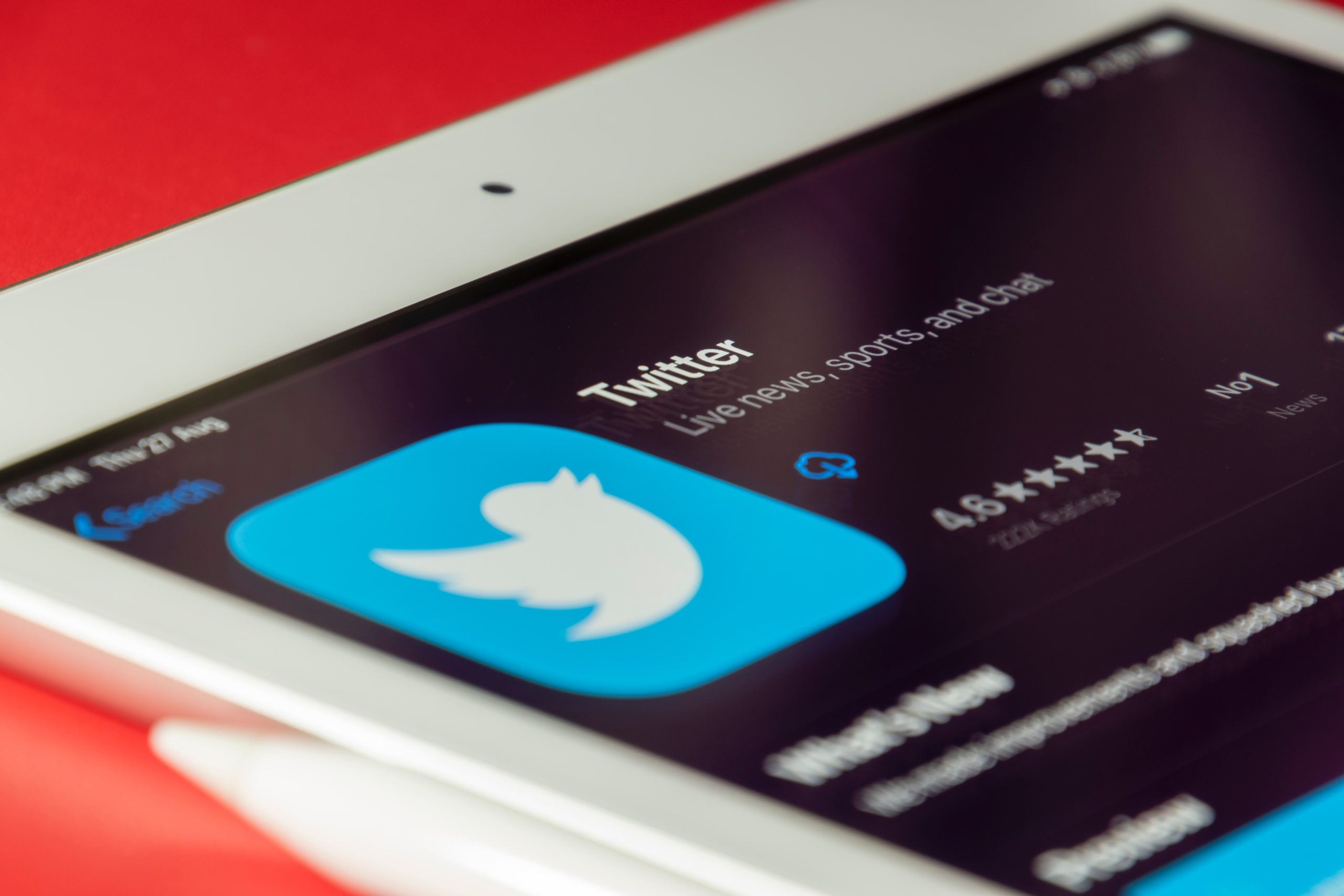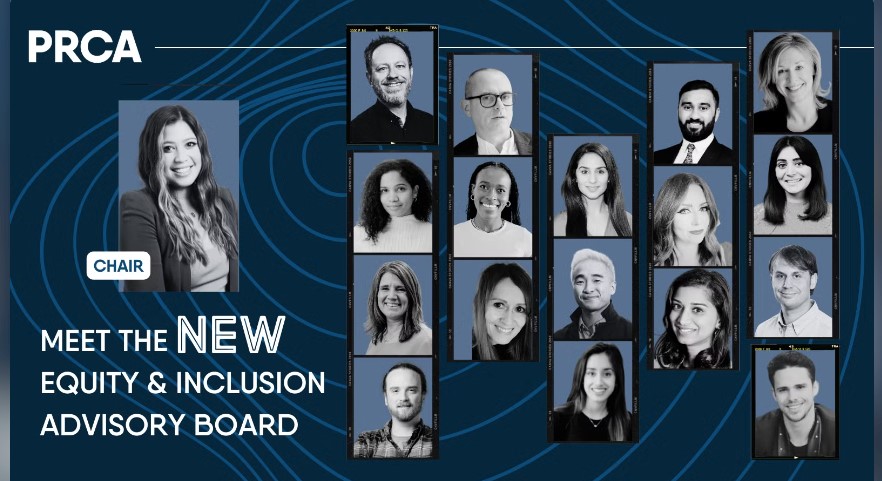Article first appeared on Julio Romo’s blog.
After two weeks of flirting, Twitter announced that it had accepted Elon Musk’s $44 billion offer to buy the company and take it back into private ownership.
The news came as a shock, as many were initially doubtful that he could come up with the money to seal the deal. But that is what he did. Musk worked with Morgan Stanley to create a $25.5 billion debt financing plan before committing his own funds and equity.
What happens next is anyone’s guess. But from what he’s publicly said, we know that there will be change at the company and some people are jubelous about this.
What we do know is that Elon is a staunch libertarian and a free speech absolutist.
In comments he’s made on Twitter as well as at past events that he has spoken at, Elon has made it clear that he did not support the content moderation policies and protocols that the company had put in place.
So, in all, the narrative is simple, the purchase of Twitter by Elon Musk is all about free speech. It is not, at least for now, about the economics. He’s even insinuated that he would do away with advertising as a revenue source.
So what is Musk getting for the money that he is investing in the firm? Well, one thing is certain, he is getting a company with potential, but even greater risks and issues that to date many fof the current team have been unable to resolve.
Elon is getting a company with a great concept, that has not maximised it’s potential by far, but which has gathered onto it’s platform the good and the great from an wide array of sectors including politics, governments and media, as well as entertainment and others who influencers the millions of passive users.
Just look at how many politicians and government departments from around the world take to Twitter to announce a new policy?
Think about it, the days of issuing a press release to share your policy and views to the media and their audiences are long gone. He is now the owner of the channel through which people can share their feedback on policy and politics. Or at least feedback from those who decide to engage, let’s call them the vocal minority.
For Musk, owning Twitter is about influencing not just opinion, but also policy and behaviour in the US and around the world.
While Jeff Bezos and Rupert Murdoch own traditional media outlets, Elon has gone in full digital and bought the channel that their media outlets and journalists promote their stories and content on. He has not just bought the ticker-tape, but the room in which people discuss the news, which is why how Twitter develops and iterates under his stewardship could have a profound effect and impact on how democracies function.
Let me be clear though, the buy-out comes with a huge risks for everyone. Let’s break these risks down.
Firstly, Twitter’s user base, which currently has 436 million active users, it is small and currently stands 15th most active social media platform worldwide. Compare that to Meta, which with it’s Facebook and Instagram apps, has a reach of 2.9bn monthly users.
In the US, Twitter has a reach of c.76 million users (27.3%) of the population, compared to Japan with 58 million (52%), Brazil with 19 million (10%), the UK with 18 million (31%), Indonesia with 18 million (8%) or Saudia Arabia with 14 million (50%).
Twitter has been struggling to grow its user base globally and to help it become the de-facto town square that Elon sees it as, which is why it is going to need to work miracles in order to grow to the level that it can compete with Facebook for audience base and it being representative of each nation.
Elon is going to have to get Twitter to really innovate. It is going to have to pump a lot of extra money in and change the culture so that innovation delivers value, both societal and eventually financial. This kind of business will eventually need to pay for itself.
And no, lifting restrictions on banned people is not going to help, because while influencers might return, many of the audience and users could leave, making it into an echo chamber.
Secondly. Let’s look at the issues surrounding the content on the platform and how you can make it a platform where people want to be without the hate, trolling and threats.
Elon states that all this is about ‘freedom of speech’, but he needs to remember that there isn’t one definition of free speech unless he thinks that his interpretation is the only one that counts.
Elon is talking about freedom of speech from the perspective of the US Constitution’s First Amendment, which is only relevant to audiences in the US. Unless that is he is trying to export their US Constitutional interpretation around the world and if he is then he is in for a major problem with that given the fact that 1) most users of Twitter are live outside of the US, and 2) while Twitter can generally be accessed anywhere, each other country and legal jurisdiction has its own interpretation of what free speech is, because with freedom of speech comes responsibilities, which he appears to be ignoring.
The EU’s commissioner for the internal market Thierry Breton has said that Twitter must follow rules on moderating illegal and harmful content online, saying, “Anyone who wants to benefit from this market will have to fulfil our rules.” Before adding. “If [Twitter] does not comply with our law, there are sanctions — 6 per cent of the revenue and, if they continue, banned from operating in Europe.”
Like other US digital and social media companies, Twitter is protected by Section 230 of the US Communications Decency Act, which states that “interactive computer service” can’t be treated as the publisher or speaker of third-party content.
Under this protection, if a user on Twitter publishes something libellous, the company holds no responsibility and legal mitigation can only be brought against the individual, rather than against the company as it is not seen as the publisher of such content.
In such situations, if a UK recipient of a libel claim wanted to recourse to legal action, they would need to take it both in UK courts and if necessary in US state or federal court to get the content removed. But this only works if you know the individual who has published the content, or even the bots that have amplified it.
The issue of users not needing to verify their identity is a critical issue in how Twitter [and Facebook and others social media companies] operate. Through the veil of anonymity, users can publish anything with minimum risk against them, highlighting what a town square is.
Elon is going to have to face this, bearing in mind that users have been conditioned to not share their official ID to access and use the service.
Thirdly, the service and the experience that users get. Twitter is great at one thing and one thing only. But it does not innovate or offer iterations that have made the service more relevant.
Look for example at the rise of TikTok or Instagram, or Reels. Twitter has tried to innovate, but it has failed and failed badly.
What you now see is people using multiple platforms for the content, from Twitter, Facebook, Instagram to WhatsApp and Youtube. Meta is the only company that has tried to keep the experience under one roof.
So yes, Twitter is a great product and service, but this purchase is not about freedom of speech or giving you a platform. This is about power and control and how we are now as a society moving into an era where those on social media can influence how governments and the corporate world shapes and implement policies.
But to do that it is going to have to make the town square even and a safe space for everyone, where you know who everyone is and where you can say your piece without fear.
Elon is going to also ensure that facts matter and misinformation and disinformation campaigns do not take place on his platform. After all, just days ago former US President Barack Obama gave a speech at Stanford University to raise awareness of how online misinformation and disinformation campaigns and content threaten the foundations of democracy.
Elon has bought himself a huge challenge!


